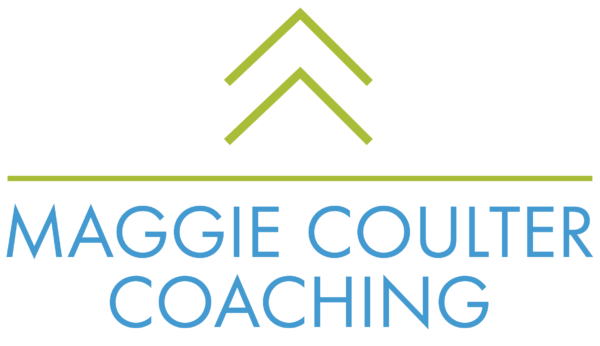From victim to strength in conversation
The situation:
This is difficult to admit but here goes: for as long as I can remember, I saw myself as a helpless victim of criticism, misdirected anger, undermining, put-downs and manipulation. I always seemed to get hurt and I could never figure out why or how to prevent it from happening again, even though I’d ruminate for days after each hurtful interaction.
Over time, I did have the following insights into the situation:
- sometimes people aren’t really putting me down, I just perceive it that way
- I’m not the only one that people put down (they do have other targets even if I’m not always a witness)
- I am capable of putting other people down too, although I recognize it quickly and feel awful when I do (and it’s truly not my intention – it just slips out sometimes)
Where I’ve been focusing more of my attention lately is on how I show up around those whom I perceive can hurt me the most. The truth is, I don’t have much experience in keeping myself safe in conversation, or reducing my vulnerability around those who might put me down. I don’t want to have to think about it or put that much work into talking safely with people, however I’m worse off when I ignore the realities of human dealings. Plus, I figure that with practice it will become easier for me to recognize the need to protect myself and develop the skills required, and eventually it won’t require as much effort anymore.
In these early days, though, here’s what I’ve been learning:
1) I approach most people like a puppy – friendly, trusting, eager to connect – until I get snapped or barked at, and then I retreat to tend to my emotional wounds, angry and disappointed in myself. With some people, this approach is just fine. They are also friendly, trusting and eager to connect, and no harm is done; a genuine connection is made. With other people, this is not a sensible approach whatsoever, and I can sense who those people are even before we begin speaking (they don’t wag their tails when they see you and their ears are often back!). I’ve learned to smile a little less, ask fewer questions, and offer up less personal information in these exchanges. Whatever opportunity I feel I may be missing in terms of genuine connection likely doesn’t exist in the first place – or if it does, it will take more time and my subdued approach works better anyway.
2) My instincts are good about people. I’m able to recognize a potentially risky situation, even when others don’t seem to sense the danger. They may have more experience with self-protection and are therefore less afraid, or their “risky person” antenna is not as finely attuned. I needn’t waste my time trying to convince a friend or colleague to see what I see, but simply choose to look out for myself the best that I can.
3) I can’t be someone I’m not. I’ve listened with awe as a colleague or neighbour offered a snappy comeback in reply to a put-down, and I’ve wished I could think as quickly on my feet and be as confident in my delivery (rule #1: always use humour). Those people who handle themselves so well in these situations probably have a lifetime of practice and good mentors or role models. I’m getting better with this but in the meantime I’m continuing to develop the strengths I have to support me, including listening more and talking less as needed.
The opportunity:
With increased awareness and practice, I can become a leader for those who have also suffered from “puppy dog syndrome” and want to support themselves better in conversation. I can share what I’m learning and offer tips and suggestions for new ways to show up that allow for safer connections. I can get better at it myself and have greater influence in the community around me, as I am seen as more capable of handling challenging exchanges.
The practice:
Writing and talking about my observations and learning is key to the practice of developing strengths in conversation (keeping myself safe and reducing vulnerability). These help me appreciate the progress I’m making and identify new areas to work on. In the conversations themselves, I can hone my instincts and master the skills of listening more and speaking less when necessary. It’s a little awkward at first, but it feels so good to walk away feeling whole instead of shredded.
What’s your experience of safety in conversation? Do you get hurt too, and then kick yourself afterwards for not being able to protect yourself?
Here are some additional questions to consider as you develop your own strengths in conversation:
- In which kinds of situations do you typically get hurt? What are you saying, what does the other person say, how are you reacting to each other?
- What assumptions do you make about how you should respond or what is actually going on in the conversation?
- Remember a time when you kept yourself safe in conversation, even if for just a moment. What was going through your mind at the time? What choice were you making? Practice this again and see what happens.
